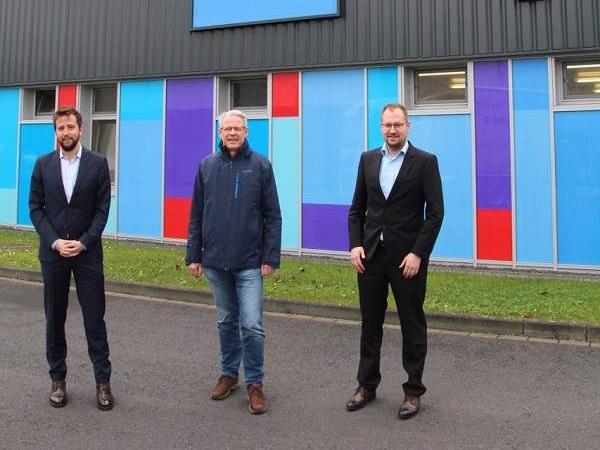
Date: 4 March 2022
A contractual commitment to supply 100% green energy from renewable resources to Kuraray's site in Troisdorf, Germany, has earned the environmentally conscious local municipal utility Stadtwerke Troisdorf the right to use the “Grüner Strom” eco label granted by Germany's leading environmental associations. Kuraray can use this label for advertising purposes because it is the sole customer for the agreed power contingent. The label is recommended, for example, by the German Environment Agency (UBA), Ökotest and The European Consumer Organisation (BEUC).
The electricity is generated by Norwegian power plant operator Agder Energi Vannkraft AS, which is majority owned by 30 municipalities in the Vest Agder and Aust Agder districts. The electricity comes from four hydroelectric power plants in the north and west of Norway: Tonstad kraftverk, Solholm kraftverk, Holen 3 kraftverk and Holen I-II kraftverk.
The “Grüner Strom” (green electricity) label as an important first step towards making the Troisdorf site a completely carbon-neutral production facility. The majority of the investment under this environment-friendly commitment has to be channelled to sustainable projects and Kuraray is has a say in which projects are chosen. Dr. Holger Stenzel, Kuraray’s Site Manager in Troisdorf: “Based on current planning, these could be other projects at the Troisdorf site. Under discussion are photovoltaic installations for Kuraray's operational and production buildings on the site of the industrial park opposite the town hall. The majority of the investment will therefore bring multiple sustainable benefits for the site.”
Stadtwerke Troisdorf has been supplying 100 percent certified natural power to households and small commercial customers who opt for this type of power since 2010. At Kuraray’s request, it has now obtained the Grüner Strom label. A range of evidence was required for the award of the label. For example, the amount of green electricity procured in a calendar year must be at least equivalent to the amount consumed by the customers who purchase green electricity. In addition, the electricity may only be procured from specific sources, i.e. it must be sourced from the specific generating facilities specified on the certificate of origin. Dual marketing of the power generated at these plants is not permitted and generation must ecologically acceptable.
Under the “coupled” supply model, the electricity provider – in this case Stadtwerke Troisdorf – purchases the actual amount of energy it supplies to its customer Kuraray from a generating plant that uses renewable resources. The electricity may be sourced via an intermediary. The certificate of origin must relate to the power plant where the energy is generated. This “coupled” power supply model is mandatory for certification.
For information: there are other, less rigorous systems: under the “fictitious” energy supply model, for example, there is no direct link between use of the term “green” and the actual amount of electricity traded. Using this model, an energy provider can supply power from conventional power plants, i.e. from its own nuclear or coal-fired power plants. The electricity can be classified as “green” if the provider purchases certificates of origin equivalent to the amount supplied. Consequently, the electricity purchased for its customers and the use of the term “green electricity” do not relate to the same power plant. This type of “fictitious” power supply can be used as a simple method of declaring conventional power as green electricity.
The sustainability effect of the “Grüner Strom” label used by Stadtwerke Troisdorf and Kuraray therefore goes well beyond a simple certificate of origin and makes a quantifiable and sustainable contribution to the energy transition. “We are delighted that sustainability is as important to our largest industrial customer as it is to us and were happy to support this step towards sustainable energy sourcing. As the energy supplier and company that has been granted the label, we have given a commitment that we will invest an additional amount in facilities based on renewables here in Troisdorf. Together with Kuraray, we are therefore driving forward the energy transition right here,” explains Hendrik Himmelmann, Head of Sales at Stadtwerke Troisdorf.
On a stand-alone basis, certificates of origin are not a seal of quality for green electricity because they do not guarantee any additional environmental benefits. In view of this, the “Grüner Strom” label does not accept "fictitious” green electricity based solely on the purchase of certificates (e.g. certificates of origin from the German Environment Agency).
Green electricity is electricity produced from renewable resources. It may be generated from solar radiation, wind, water, biomass, geothermal energy or gas from sewage treatment plants. Electricity from renewable sources is ecologically and socially sustainable because it protects the climate and reduces use of finite fossil resources. Moreover, there is no waste such as radioactive waste from nuclear power plants.
However, the term green electricity is protected by law, so an energy provider can call electricity “green” even if it does not bring any additional ecological benefits or is not, strictly speaking, “green”.
Purchasing green electricity does not mean that the electricity supplied is actually “green” electricity. Every kilowatt hour of power generated is supplied to an electricity pool that is transmitted onward to the end-customer. In physical terms, all customers receive the same electricity. However, every green electricity customer helps improve the sustainability of the pool.
Moreover, for every kilowatt hour (kWh) of electricity purchased, a certain sum is invested in projects to increase the use of renewable energy. The money may be invested in a wide range of measures that support and accelerate the energy transition. Examples are wind power, biomass and solar installations, future-oriented projects such as energy storage, co-generation plants based on renewables, smart networks, energy efficiency measures and renewable energy communities.
Sourcing power from renewable sources is an important first step as Kuraray positions itself sustainably.
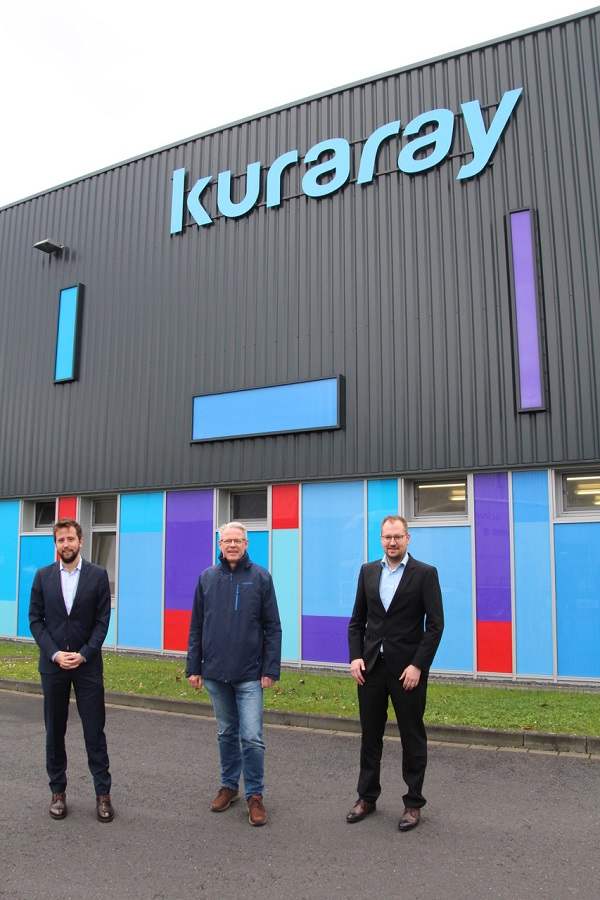
(Photo: Werner Dücker)
 600450
600450

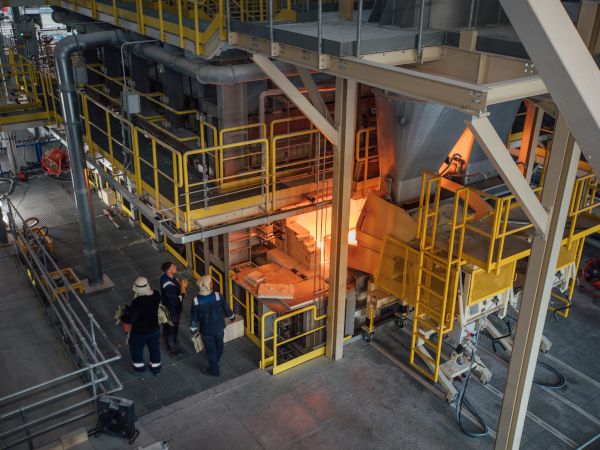
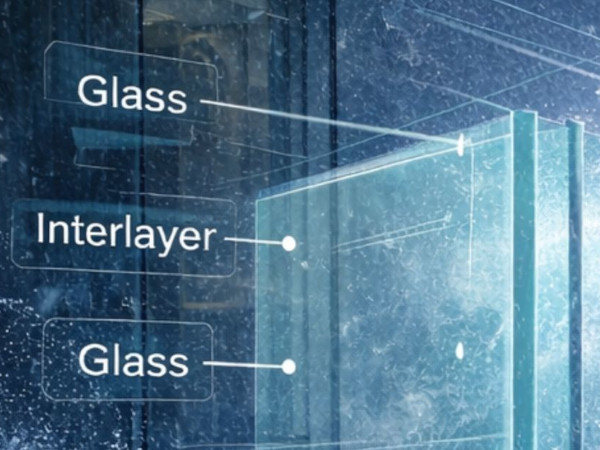
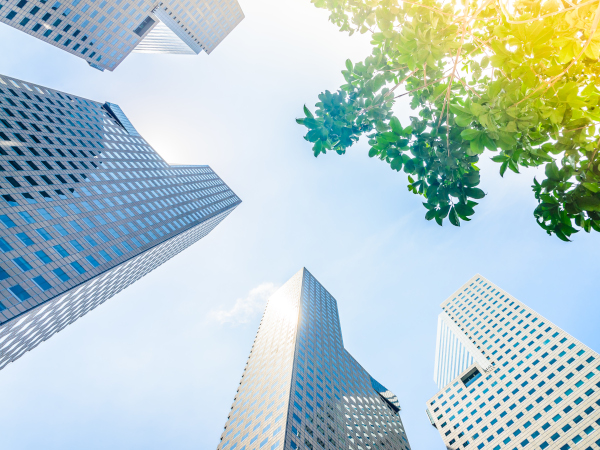
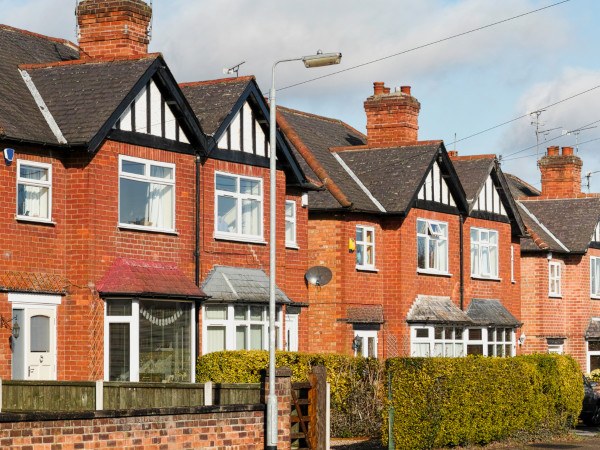
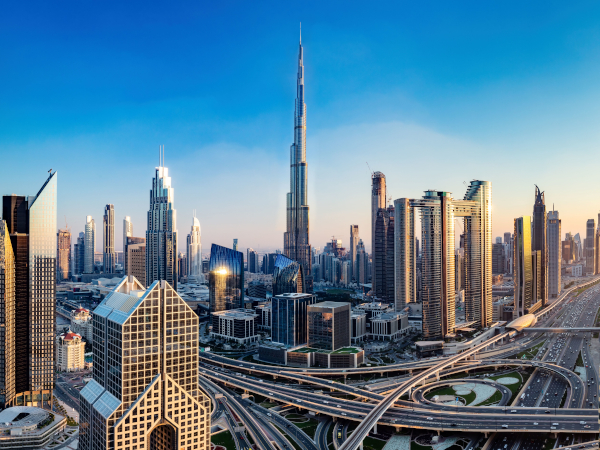
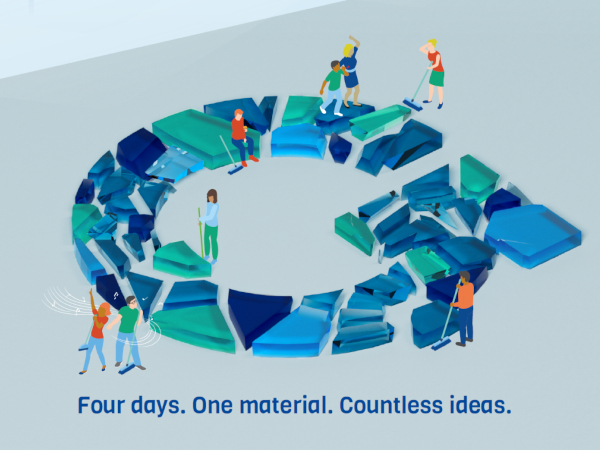





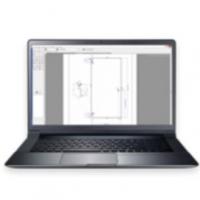
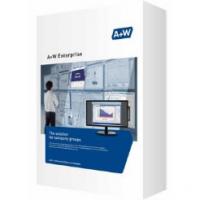
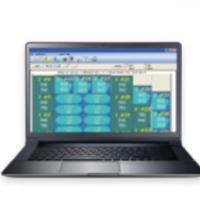
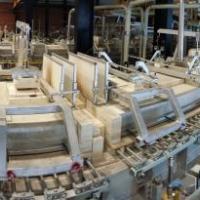
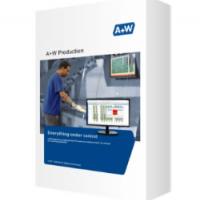
Add new comment